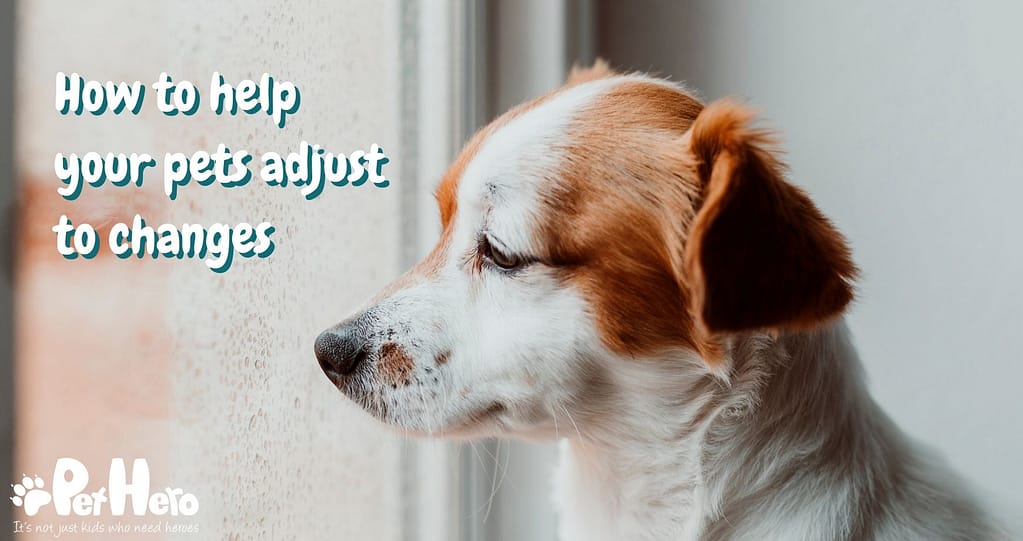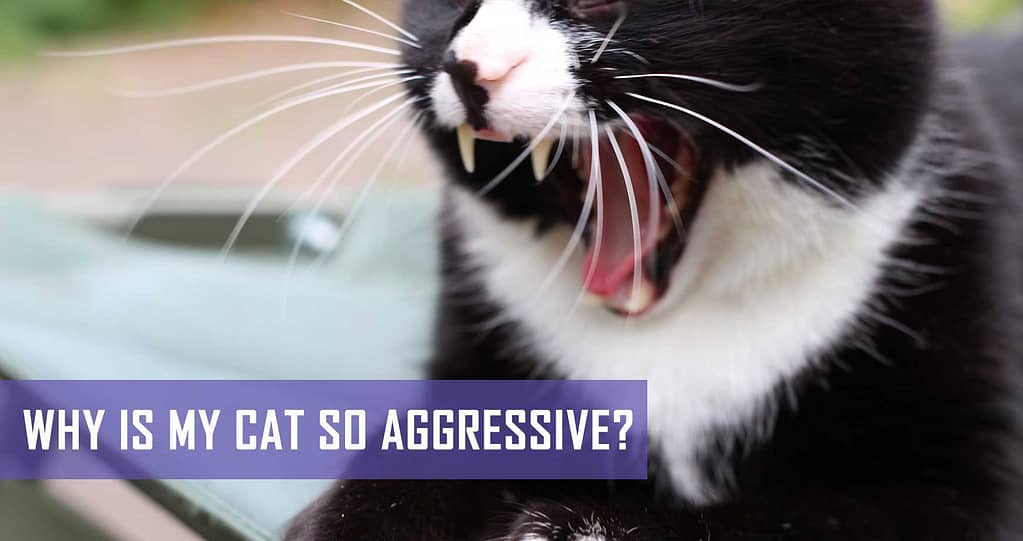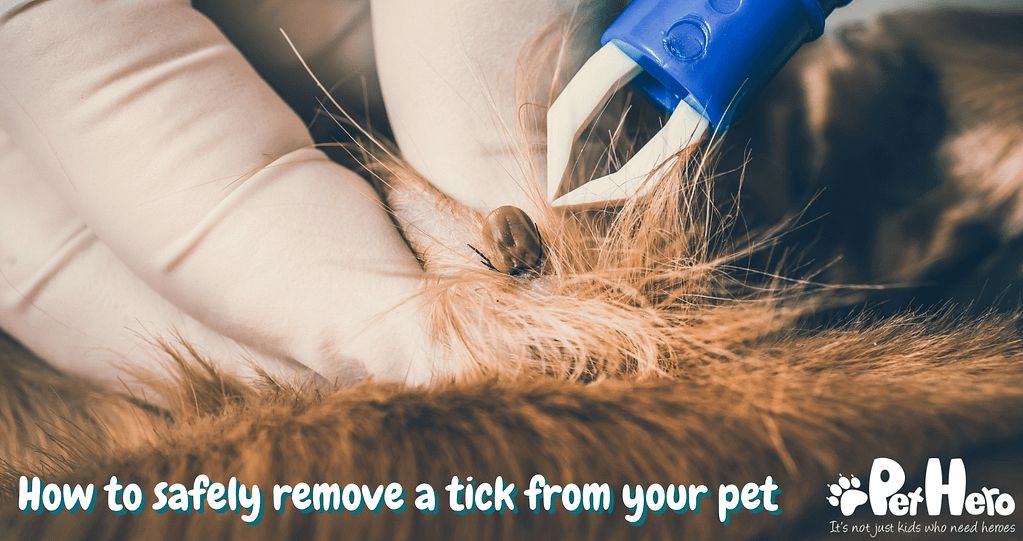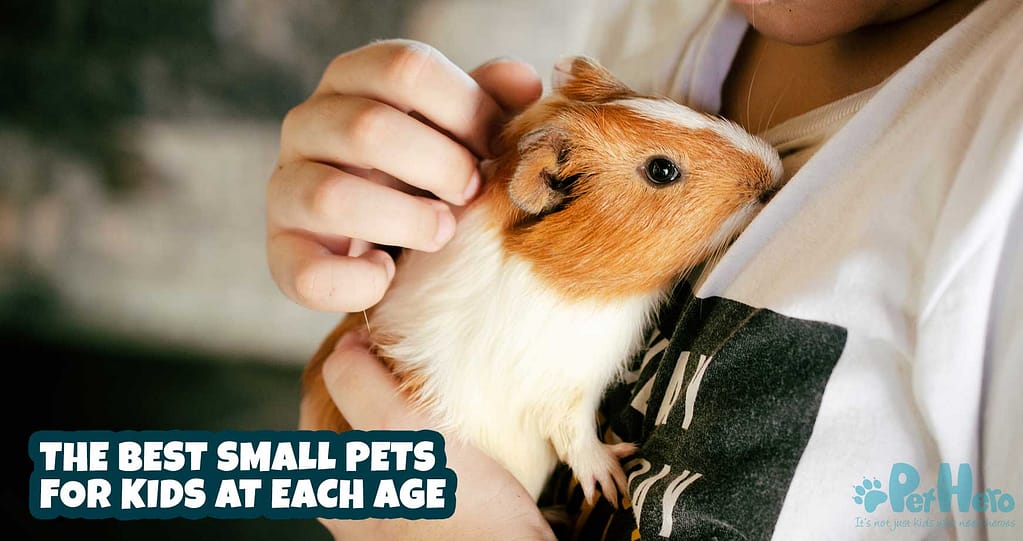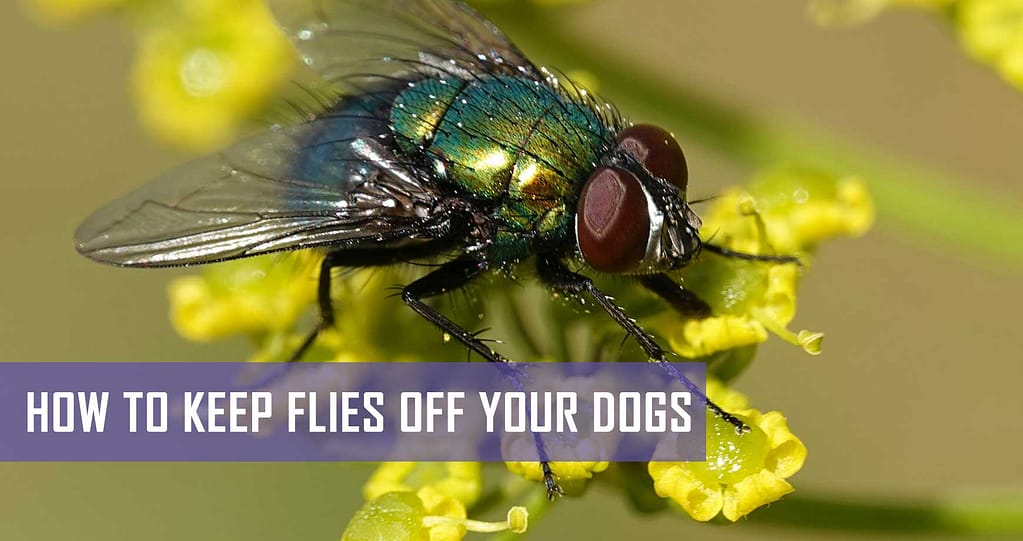The last two years have introduced changes and challenges in all of our lives, and our pets have been right beside us for the bumpy ride. Most pets have relished our new work-from-home routines, stress-induced snack time, and online shopping sprees (especially when the delivery guy rings the doorbell). But have you ever stopped to wonder what impact these sudden changes have had on their mental and emotional wellbeing?
Dogs and cats are very sensitive to even the subtlest changes in our emotions, and while some pets adapt quickly and take new situations in their stride, most pets thrive on routine and need a while to adjust to change. Here’s how you can help them.
Signs that your pet may be sensitive to change
The first symptoms of emotional stress in pets manifest in their digestive tracts.
- diarrhoea
- loss of appetite
- vomiting
These can indicate that your pet is picking up on your anxiety and responding to stress cues. Shaking or panting as well as changes in behaviour (sleeping a lot, or lying in a corner being vigilant) can also be indicative of stress – especially if your dog usually behaves in the opposite manner. Cats will run and hide or may groom themselves excessively. Look for anything out of the ordinary.
When you can identify that your pet is stressed, here’s what you can do about it:
Keep a routine
No matter what changes you may be going through – starting a new job, working from home, moving house, anything new – try to keep your routine with your pet as normal as possible. Pets need predictability, so reduce their stress by feeding them at the same time every day, going for a walk or having a play session at the same time every day, and sticking to the same bonding time. If their routine is predictable, they will experience less anxiety.
If any of these routines change, make sure the changes are small so your pet can easily adapt.
Leave calmly
If Covid-19 meant working from home for the last 22 months and now it’s time to go back to an office, your pet might not accept this drastic change so easily. Working up to the day you need to go back to the office, leave the house a few times a day making as little fuss as possible. Whenever you return, reward your pet with treats and attention. This might not be effective for dogs with separation anxiety, so if you are experiencing this with your pet, speak to your vet or behaviourist about what to do.
Give your pet a rewarding mental challenge
As with humans, a distraction with a rewarding challenge can help pets to destress. For both dogs and cats, a puzzle toy that releases treats or invites ‘hunting’ and play may be just the thing. It will exercise the parts of their brains related to pleasure and reward, and turn off the stress triggers.
Go walkies or enjoy extra play
Spend dedicated quality time with your pets. Take your dog for an extra walk every day, but put away your phone and focus solely on him. If you’re more of a cat person and dealing with a stressed kitty, invite play and bonding with a toy wand or a fishing pole toy that will bring your cat closer to you for some petting. This extra exercise will also release all of the same feel-good chemicals you experience when you exercise – not only will it tire them out, but it will reduce their anxiety extensively. Make your pet feel important and loved – be their hero until they’re ready to be yours again.
Make use of chew toys
There is something relieving about the repetitive action of chewing and it helps to calm dogs down. When you’re not at home and they experience anxiety, dogs may chew flip-flops, remote controls and other objects they are not supposed to. They’re not naughty – they are just stressed. So when you identify that your pup is stressed, get him chewing and help to calm him down. Even better, clean his teeth while he’s chewing with a dental chew stick. Natural treats also work wonders and are actually good for your dog. (Pet Hero has a wide selection of yummy treats for your dog – chews the right one for his size and needs.)
And yes, cats also love treats to chew on when they’re stressed.
Redirect your cat’s attention
Cats might scratch the furniture, the curtains or dig their claws into the carpet if they’re feeling anxious. Redirect their attention to a cat scratching pole, board or toy to relieve their stress and keep your furniture and décor intact.
In conclusion, it may be difficult to pick up on your pets’ anxiety when you have your own big changes to deal with. But you may just find that giving your dog or cat needs some extra time, lovin’ and bonding will help to relieve your stress as much as it will theirs.

